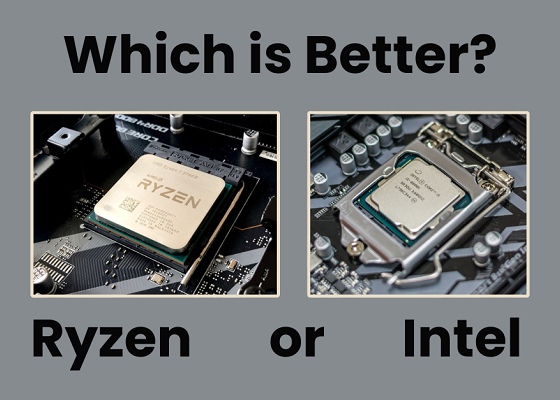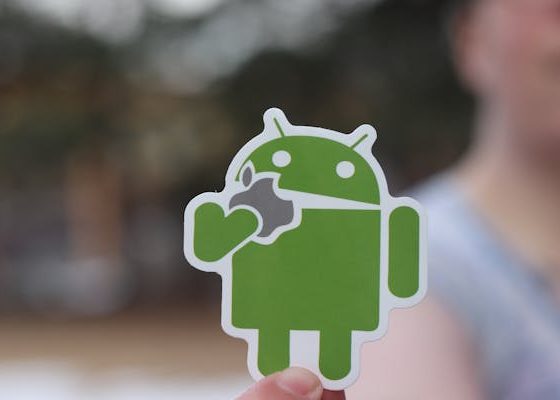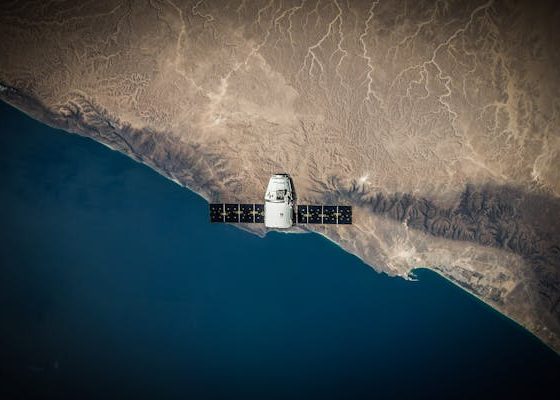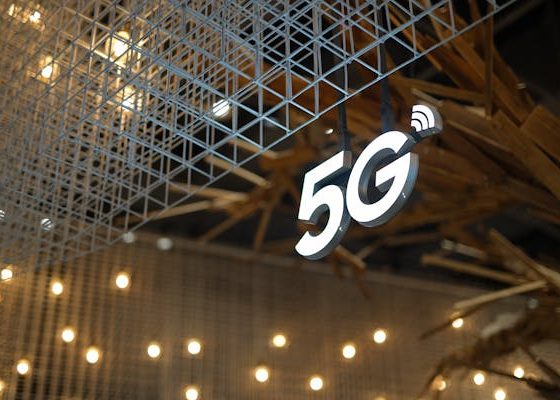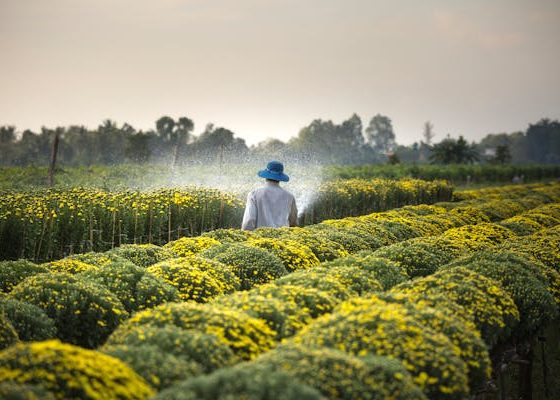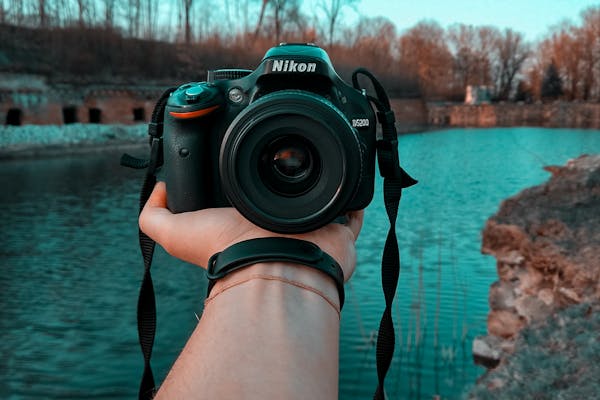
Choosing the best DSLR camera for beginners can be a daunting task given the myriad of options available in the market today. As a beginner, it’s crucial to find a camera that balances ease of use with advanced features, allowing room for growth in your photography skills. This comprehensive guide will explore the top DSLR cameras for beginners, considering factors such as image quality, usability, features, and value for money.
Why Choose a DSLR Camera?
Before diving into specific models, it’s important to understand why a DSLR (Digital Single-Lens Reflex) camera might be the right choice for a beginner. DSLRs offer several advantages:
- Image Quality: DSLRs typically feature larger sensors than smartphones or compact cameras, resulting in better image quality, especially in low-light conditions.
- Interchangeable Lenses: The ability to switch lenses allows you to experiment with different types of photography, from wide-angle landscapes to close-up macro shots.
- Manual Controls: DSLRs offer extensive manual controls, giving you the flexibility to fine-tune settings and develop your photography skills.
- Durability: These cameras are built to last, with robust construction that can withstand various conditions.
Key Features to Consider
When looking for the best DSLR camera for beginners, consider the following features:
- Ease of Use: Look for a camera with a user-friendly interface and helpful guides or tutorials.
- Autofocus System: A good autofocus system helps in capturing sharp images, especially for moving subjects.
- Image Sensor Size: Larger sensors generally provide better image quality.
- Battery Life: Long battery life is essential for extended shooting sessions.
- Video Capabilities: If you’re interested in videography, ensure the camera offers good video recording features.
Top DSLR Cameras for Beginners
1. Canon EOS Rebel T7 / 2000D
The Canon EOS Rebel T7, also known as the 2000D outside North America, is an excellent entry-level DSLR. It offers a 24.1 MP APS-C sensor, which delivers high-quality images. The camera’s interface is intuitive, making it easy for beginners to navigate through settings.
- Pros:
- Affordable
- Built-in Wi-Fi for easy sharing
- Good battery life
- Cons:
- Limited video capabilities (1080p at 30fps)
- Basic autofocus system
2. Nikon D3500
The Nikon D3500 is often recommended as the best DSLR camera for beginners due to its exceptional image quality, ease of use, and affordability. It features a 24.2 MP APS-C sensor and an impressive battery life, capable of taking around 1,550 shots on a single charge.
- Pros:
- Excellent battery life
- Lightweight and portable
- User-friendly Guide Mode
- Cons:
- No 4K video recording
- Fixed rear screen
3. Canon EOS Rebel SL3 / 250D
The Canon EOS Rebel SL3, also known as the 250D, is a compact DSLR with a 24.1 MP APS-C sensor. It is one of the smallest and lightest DSLRs available, making it an ideal choice for beginners who prioritize portability. The SL3 also offers 4K video recording, a rare feature in entry-level DSLRs.
- Pros:
- Compact and lightweight
- 4K video recording
- Dual Pixel CMOS AF for fast and accurate focusing
- Cons:
- Limited dynamic range
- Slightly more expensive than other entry-level models
4. Nikon D5600
The Nikon D5600 is a step up from the D3500, offering more advanced features while still being beginner-friendly. It has a 24.2 MP APS-C sensor and includes features such as a vari-angle touchscreen and SnapBridge connectivity for easy sharing of photos.
- Pros:
- Vari-angle touchscreen
- Good battery life
- Excellent image quality
- Cons:
- No 4K video recording
- More expensive than the D3500
5. Pentax K-70
The Pentax K-70 is an excellent choice for beginners who want a rugged camera that can withstand tough conditions. It features a 24.2 MP APS-C sensor and is weather-sealed, making it suitable for outdoor photography. The K-70 also offers built-in image stabilization, which helps in reducing camera shake.
- Pros:
- Weather-sealed body
- Built-in image stabilization
- High ISO performance
- Cons:
- Less intuitive menu system
- Limited lens selection compared to Canon and Nikon
Accessories to Enhance Your Photography Experience
In addition to selecting the best DSLR camera for beginners, investing in some essential accessories can significantly enhance your photography experience. Here are a few recommendations:
- Lens: A versatile lens, such as a 50mm prime lens or an 18-55mm kit lens, is a great starting point.
- Tripod: A sturdy tripod is essential for capturing sharp images, especially in low-light conditions.
- External Flash: An external flash can provide better lighting for indoor and low-light photography.
- Camera Bag: A good camera bag helps protect your gear and makes it easier to carry around.
- Memory Cards: Invest in high-capacity and high-speed memory cards to store your photos and videos.
Tips for Getting Started with Your DSLR
- Read the Manual: Familiarize yourself with your camera’s features and functions by reading the manual.
- Experiment with Settings: Don’t be afraid to experiment with different settings and modes to understand how they affect your photos.
- Learn Basic Photography Principles: Understanding concepts such as exposure, aperture, and shutter speed will help you take better photos.
- Practice Regularly: The more you practice, the better you’ll become. Take your camera with you and shoot regularly.
- Join Photography Communities: Engaging with other photographers can provide inspiration, feedback, and learning opportunities.
Conclusion
Choosing the best DSLR camera for beginners involves balancing ease of use, features, and budget. The Canon EOS Rebel T7, Nikon D3500, Canon EOS Rebel SL3, Nikon D5600, and Pentax K-70 are all excellent choices, each offering unique advantages. As you embark on your photography journey, remember that the best camera is one that you feel comfortable using and that inspires you to capture the world around you.
Investing in a good DSLR camera and essential accessories, coupled with regular practice and learning, will set you on the path to becoming a skilled photographer. Happy shooting!
